First it was former prime minister, Paul Keating, telling us that Australia has no interest in defending the democratic freedoms of 24 million Taiwanese. Then Labor’s Foreign Affairs spokesperson, Penny Wong accused the government of ‘amping up war’ with China after Defence Minister Peter Dutton said it was inconceivable that Australia wouldn’t support the United States. Apparently stung by Keating’s criticism, Senator Wong sought to assuage the former prime minister’s appeasement of China. Wong claimed that Australia was ‘wildly out of step’ with the United States’ policy to not declare its intentions about the island’s defence.
While the US recognises the People’s Republic of China as ‘China’, it does not declare Taiwan as part of China. The Chinese Communist Party insists that Taiwan is part of the PRC, but Taiwan rejects this assertion. In January 2020, Taiwanese President Tsai Ing-wen was clear: ‘We are an independent country already and we call ourselves the Republic of China, Taiwan’. The Taiwanese government has not proposed any constitutional change or formal legal Declaration of Independence. In her National Day address President Tsai reiterated four commitments: that Taiwan will adhere to a free and democratic constitutional system; that the Republic of China and the PRC are not subordinate to each other; that Taiwan will resist annexation or encroachment upon its sovereignty; and the Republic’s future must be decided in accordance with the will of the people.
President Biden reflects the US view in his nation’s ‘one China policy’. But Beijing asserts a ‘one China principle’, in the face of 70 years of reality. As former British prime minister, Tony Blair, said, ‘China needs to realise that Western countries don’t view the self-ruled island of Taiwan in a similar way to the semi-autonomous city of Hong Kong…. They have to understand that Taiwan is not the same as Hong Kong’.
There is a current discussion amongst strategic policy wonks about whether the US is moving from a concept of ‘strategic ambiguity’ to ‘strategic clarity’ about its stance on Taiwan. The former describes a position in which the US refuses to state if Taiwan has sovereignty and whether it will use military force to defend the island. The latter involves a declaration of Taiwanese sovereignty and a preparedness to come to the aid militarily of the Republic. An in-between concept is the notion of ‘strategic denial’ – a position that the US and its allies will defend Taiwan without proclaiming its sovereignty.
Recent comments suggest that the West has adopted the concept of ‘strategic denial’. When asked at a town hall meeting in October, President Biden said the US would defend Taiwan against any unilateral attempt to change the status quo. During the virtual summit, Mr Biden reminded President Xi that as a senator, he had voted to support Taiwan’s self-defence. Secretary of State, Antony Blinken, said recently that allied nations would be prepared to ‘take action’ if China uses force against Taiwan. Contrary to Senator Wong’s claims, Peter Dutton’s comments reflect the view in Washington.
The Biden administration has also rejected China’s list of 16 ‘erroneous’ US policies. The list, similar to the 14 grievances that China issued against Australia, was handed to Deputy Secretary of State, Wendy R. Sherman, by Chinese Foreign Minister, Wang Yi, during a meeting in Tianjin in July. The following day, a Chinese spokesperson, Zhou Lijian, told the media that the US must refrain from criticising Chinese communism, stating that this was one of three bottom lines.
‘The first is that the US must not challenge, slander or even attempt to subvert the path and system of socialism with Chinese characteristics,’ he said. Secondly, the US should not attempt to disrupt Chinese development. Thirdly, it should not challenge China’s sovereignty or territorial integrity. This list also contained grievances levelled against Australia, including identifying China as the source of Covid-19; criticising its human rights record; and objecting to its actions in Hong Kong.
It also demanded that sanctions and visa restrictions on Chinese officials be lifted.
Increasingly, the world is standing up to China’s aggressive, intimidatory behaviour. Responding to the latest threats, Peter Dutton said ‘we are not going to be bullied’. China’s propaganda claim to the South China Sea, based on one dubious old chart, is widely rejected. South East Asian nations, including the Philippines and Indonesia, have warned that they will stand up to Beijing’s unlawful activity. Notably, the CCP uses de facto occupation to insist on de jure rights – except in the case of Taiwan!
There are hundreds of Chinese militia vessels patrolling disputed artificial reefs and islands in the South China Sea such as the Spratly Islands. These so-called ‘fishing vessels’ are deployed in ‘grey zone’ tactics against other nations. Satellite imagery shows hundreds of vessels anchored around disputed reefs and islands in the region.
Both the Spratly and the Paracel archipelagos have been claimed by Vietnam since at least the 15th century when the Nguyen Dynasty collected taxes on ships passing through the islands. Vietnam has built modern facilities on the Spratlys including schools for the children who live there. In the 1890s the Chinese government refused to pay compensation for a ship incident in the Paracels, claiming it was not its territory.
Currently the PRC is engaged in disputes with 17 surrounding nations. The maritime disputes involve Taiwan, the Philippines, Indonesia, Vietnam, Malaysia, Japan, South Korea, Singapore, Brunei, and even North Korea. It has land disputes with another seven nations: India, Nepal, Bhutan, Laos, Mongolia, Myanmar and Tibet. President Xi’s assertion to Mr Biden that China has never taken one inch of land is preposterous.
While these events are occurring, one of China’s most well-known sports stars, Peng Shuai, has disappeared after accusing a senior member of the Chinese Communist Party, Zhang Gaoli, of sexual assault. Not only did Peng disappear, her accusation on her social media Weibo account was removed quickly.
A video call with International Olympics Committee head, Thomas Bach, which was meant to calm fears for the safety of the Wimbledon and French doubles champion, has only heightened concerns after it was revealed that Zhang was the head of the State Council working group responsible for the Olympics, and the Chinese IOC member, Li Lingwei, was also on the call.
The incident will strengthen consideration in the US, the UK, Australia and elsewhere for a diplomatic boycott of the Winter Olympic Games in 2022.
Got something to add? Join the discussion and comment below.
Get 10 issues for just $10
Subscribe to The Spectator Australia today for the next 10 magazine issues, plus full online access, for just $10.
You might disagree with half of it, but you’ll enjoy reading all of it. Try your first month for free, then just $2 a week for the remainder of your first year.

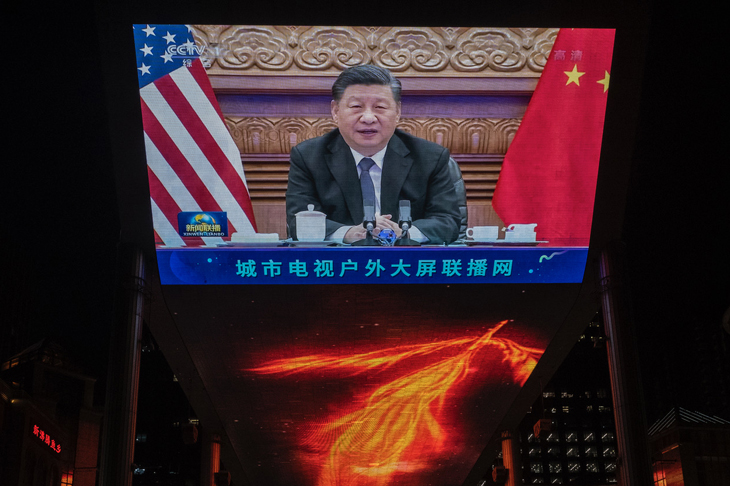
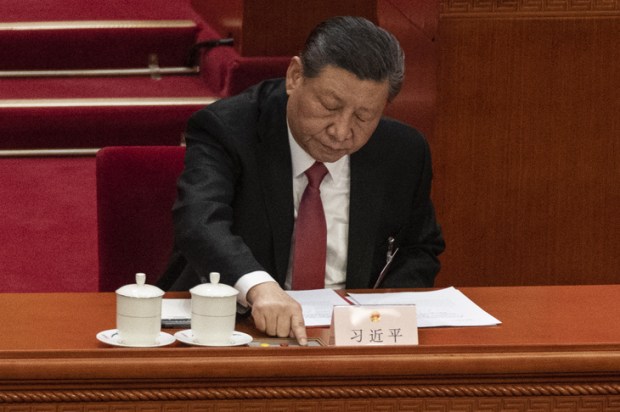
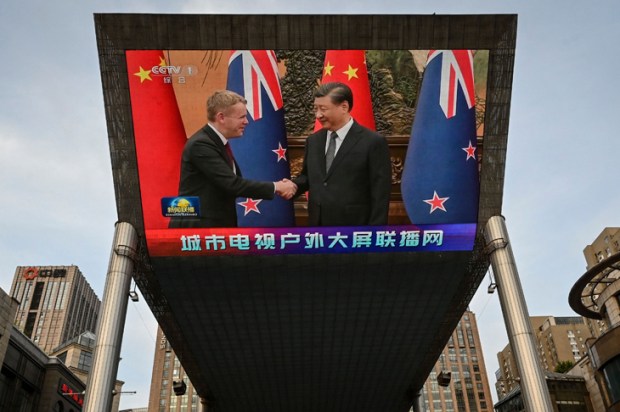
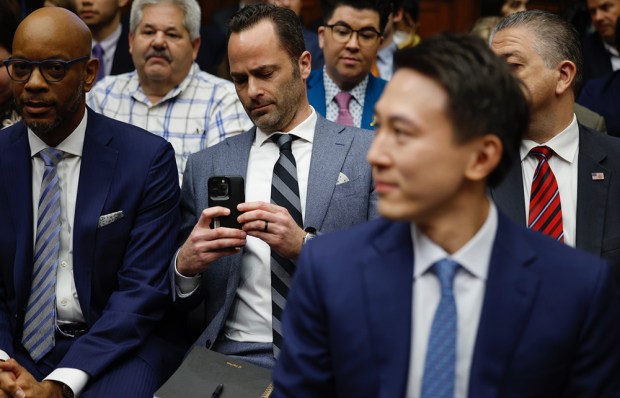
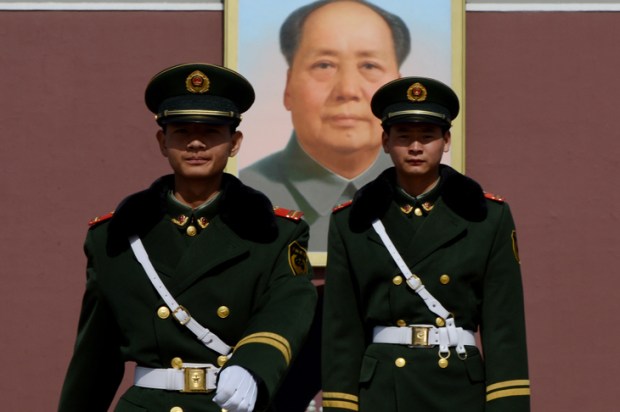
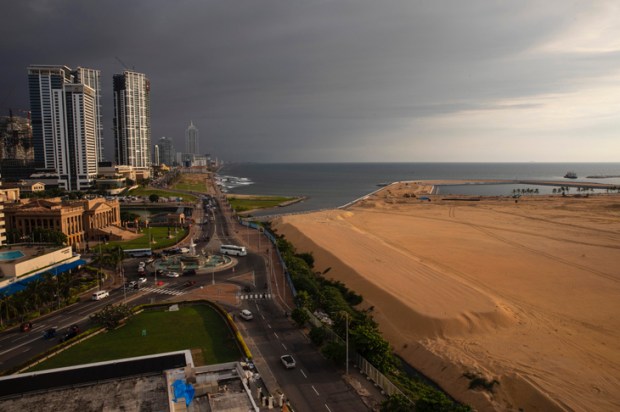
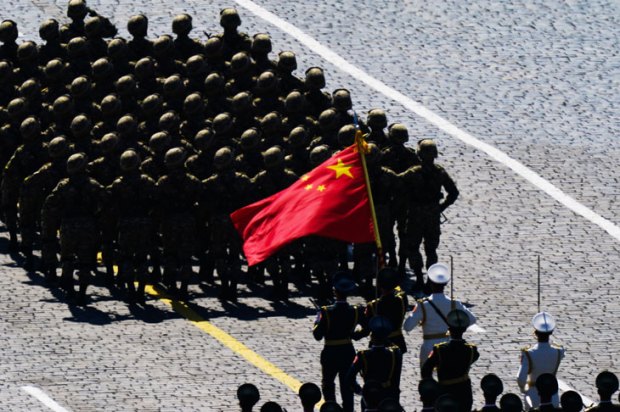






Comments
Don't miss out
Join the conversation with other Spectator Australia readers. Subscribe to leave a comment.
SUBSCRIBEAlready a subscriber? Log in